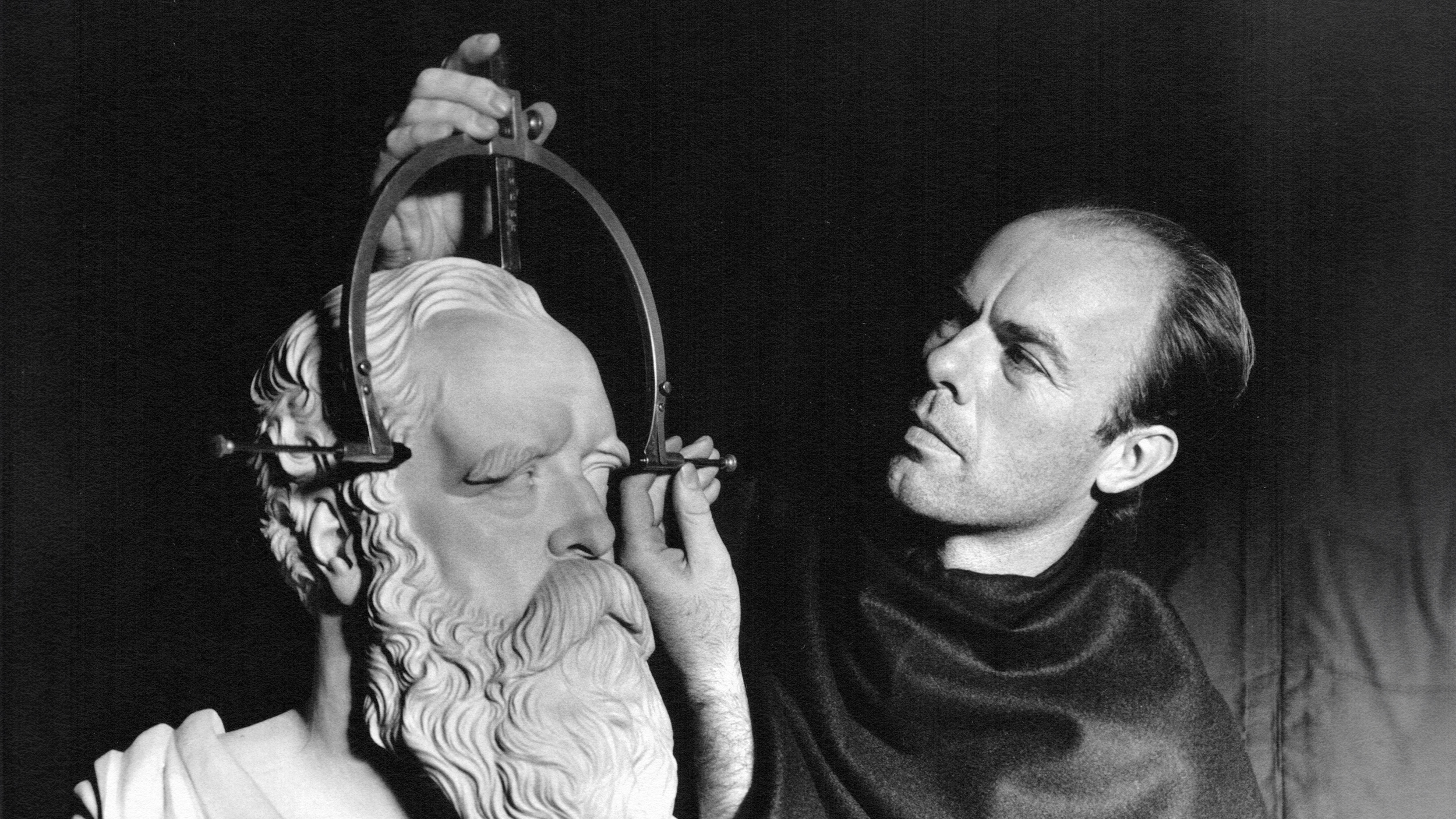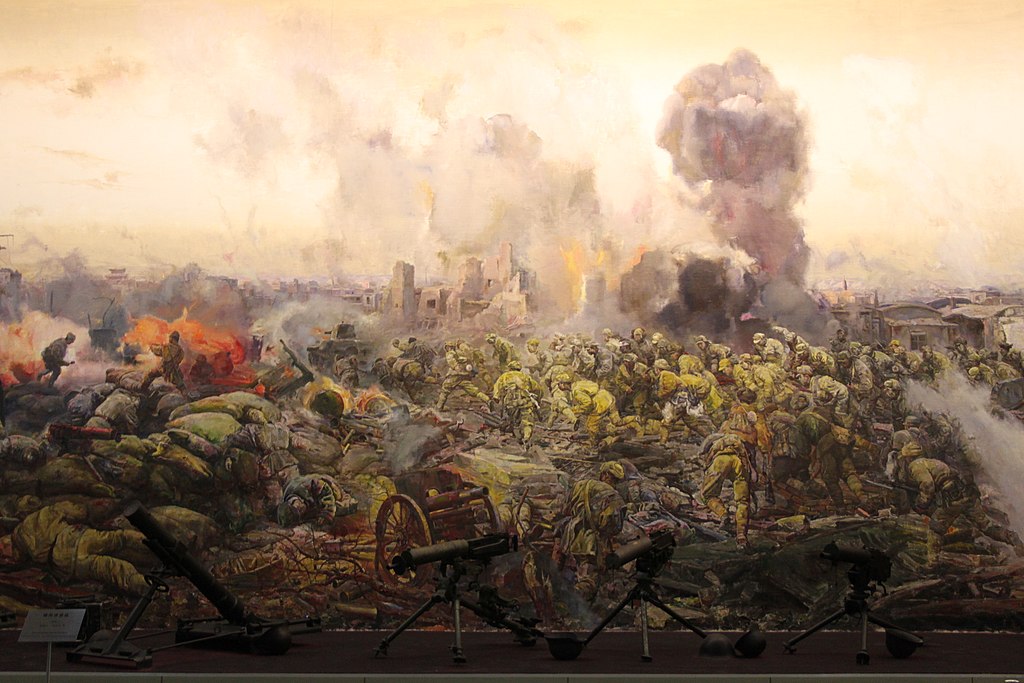Eric Foner on the appeal of those on the fringe.
Question: Who are your favorite historical heavyweights?
Foner: The people who I really am interested in in American history are the people at the edge, the dissenters, the critics, the radicals, the people like Frederick Douglass who pressured Lincoln, Wendell Phillips, the people like Susan B. Anthony, the people like Eugene Debs later on, in the early 20th Century, or W.E.B. Du Bois, the people who stood outside the accepted boundaries of political dialogue and tried to introduce new ideas and new demands. You know, they didn’t succeed at the moment that they were operating, but without the abolitionists, you would not have had the abolition of slavery. Without the populists and the socialists, you would not have had an era where the government took responsibility for the economy. Without the Du Boises and the Paul Robesons and the Kings and others, you would not have had a great Civil Rights Revolution. So, to me, the driving force of change in this country, change for the good, has been those people who’ve been at the margins, and I, you know, my view of American history is we’ve got to re-center it a little bit and not just give us the history of the presidents and the bankers and the captains of industry, but let’s look at the people at the margins and how they affect the trajectory of American History.
Question: What qualities do dissenters have that make us remember them?
Foner: It’s hard to generalize about people over two centuries or more. I’ve written a lot about such people, starting with Tom Paine and the American Revolution and running down to others, but I think it is, they must have some deep source of belief that keeps them going. Now, for many, it’s a religious belief, you know. Well, religion has inspired a great deal of social radicalism in American history. For others, it’s a belief in the principle of equality or justice. It’s what the historian E.P. Thompson, the great British historian, once wrote about as a notion of right. That doesn’t mean right wing, left, it means a notion of just, what is just? What is moral? What is right? And if you believe deeply in that, that will enable you to persevere and to try to change the political discourse. I mean, that’s really what I think these radicals are doing. You know, we don’t have, despite the fact that [Bill Ayers] has been in this campaign, we don’t have much of a tradition in America of violent radicalism. Most of the people I mentioned were completely non-violent people. Their mode of operation was to try to change people’s minds, and the first thing you have to do is to change the boundaries of what is acceptable, to force issues into the public debate. When the abolitionists started, you could not talk about slavery. There was a kind of conspiracy of silence about slavery. Forcing the issue on to the political agenda is part of what it is to be a critic, and I think, at many points in our history, that has happened, and, you know, I hope today and in the future we will continue to have such people who forced the uncomfortable issue into political debate and thereby make it necessary for politicians to deal with it in some way.





